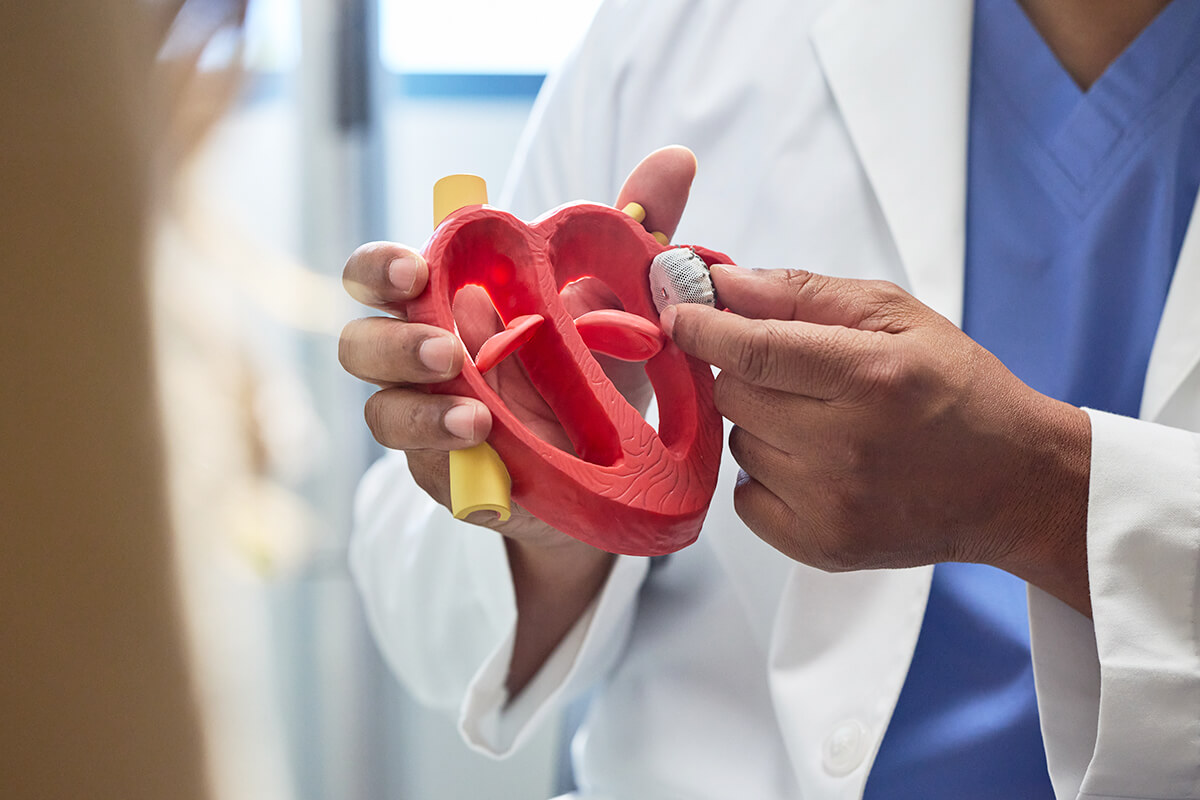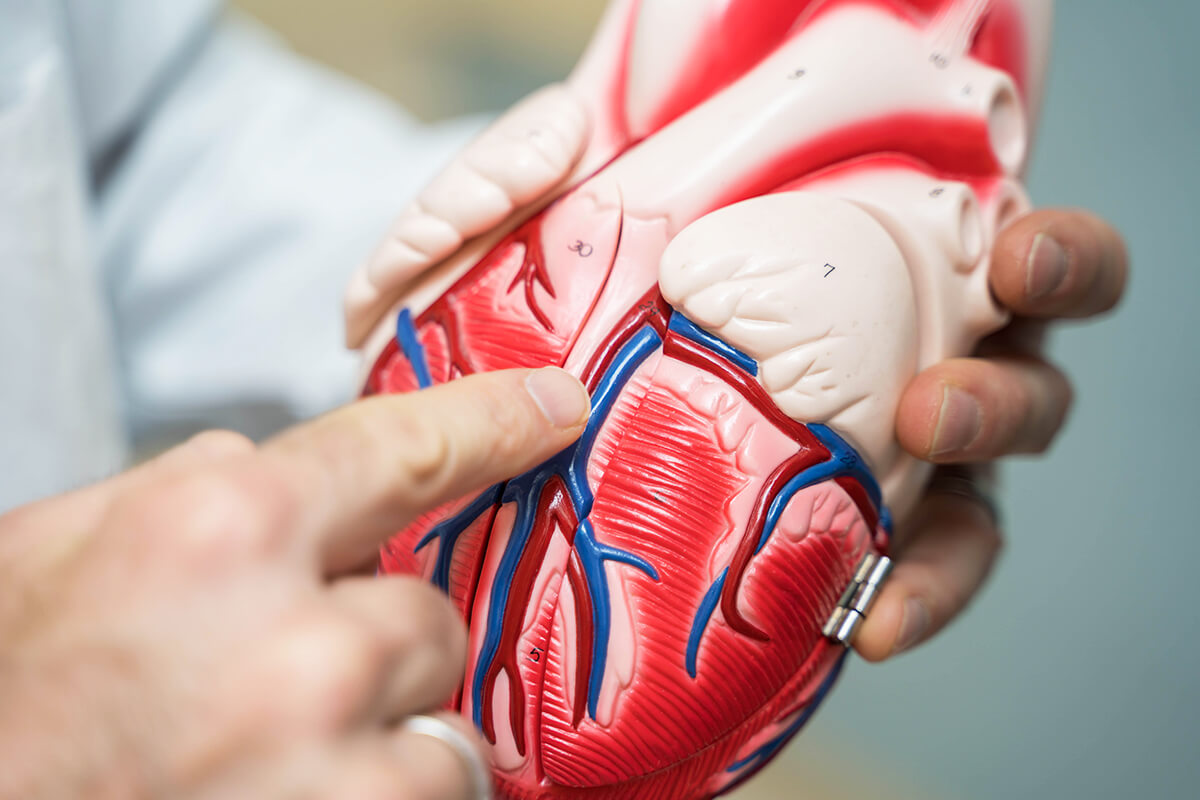Services
Heart and Vascular Care
For enjoying life in perfect rhythm

Maintaining a healthy heart and having expert local care is essential for preventing a health crisis and enjoying your day-to-day life. At Adventist Health Glendale, we provide advanced care for all cardiovascular conditions, using the latest minimally invasive treatments to help you recover faster and feel your best. Beyond treatment, we’re here to support your heart health journey — helping you take proactive steps to remain strong at heart.
Comprehensive care
We offer a range of diagnostic tests to assess your heart health as well as procedures to treat various conditions in all aspects of heart care, from emergency care to surgical intervention. Our care includes:
Advanced treatments
At our Heart & Vascular Institute, we offer state-of-the-art treatments and a comprehensive structural heart program, allowing our team to deliver the expert care you and your family deserve.
Catheter-based procedures
We offer about 18 catheter-based procedures to treat various heart conditions in all aspects of heart care. Some of the most common conditions we treat include:
- Aortic valve stenosis
- Mitral valve disease
- Hypertrophic obstructive cardiomyopathy
- Patent foramen ovale (PFO) and atrial septal defect (ASD)
- Left atrial appendage
Structural Heart Program
If you or a loved one has been diagnosed with structural heart disease, our expert providers are here to help. Ask your doctor for a referral to our Structural Heart Program. Our heart surgeons and interventional cardiologists are skilled at providing dozens of minimally invasive, life-changing procedures, from valve replacement and repair to pulmonary arterial interventions and pericardiotomies.
Our team offers the following procedures:
- Transcatheter aortic valve replacement
- Balloon valvuloplasty
- Transcatheter mitral valve repair
- Tricuspid regurgitation procedure
- Left atrial appendage occlusion procedure
- Paravalvular leak repair and closure
- Transcatheter pulmonic valve replacement
- Atrial septal defect and patent foramen ovale
- Ventricular septal defect
- Patent ductus arteriosus
- Adult transcatheter repair of the coarctation of the aorta
- Coronary fistula repair
- Pulmonary arterial and venous interventions
- Alcohol septal ablation
- Endomyocardial biopsy
- Trans-septal puncture
- Balloon pericardiotomy
- Intra-cardiac echocardiography

Our Team
Caring for your heart with all our heart
When it comes to matters of the heart, experience counts. Our highly trained team of cardiologists, interventional cardiologists, and cardiothoracic surgeons are experts at preventing, diagnosing, and treating cardiac and vascular conditions.

Discover More
Transcatheter aortic valve replacement (TAVR)
For years, treating severe aortic stenosis – a narrowing of the heart’s aortic valve – meant undergoing open-heart surgery, a complex and high-risk procedure. Today, we offer a less invasive option: transcatheter aortic valve replacement (TAVR). With this advanced procedure, a catheter is placed in a blood vessel which is then used to deliver a replacement valve to the heart. Patients can expect a faster recovery, less risk of complications, and the ability to safely resume their daily activities.


